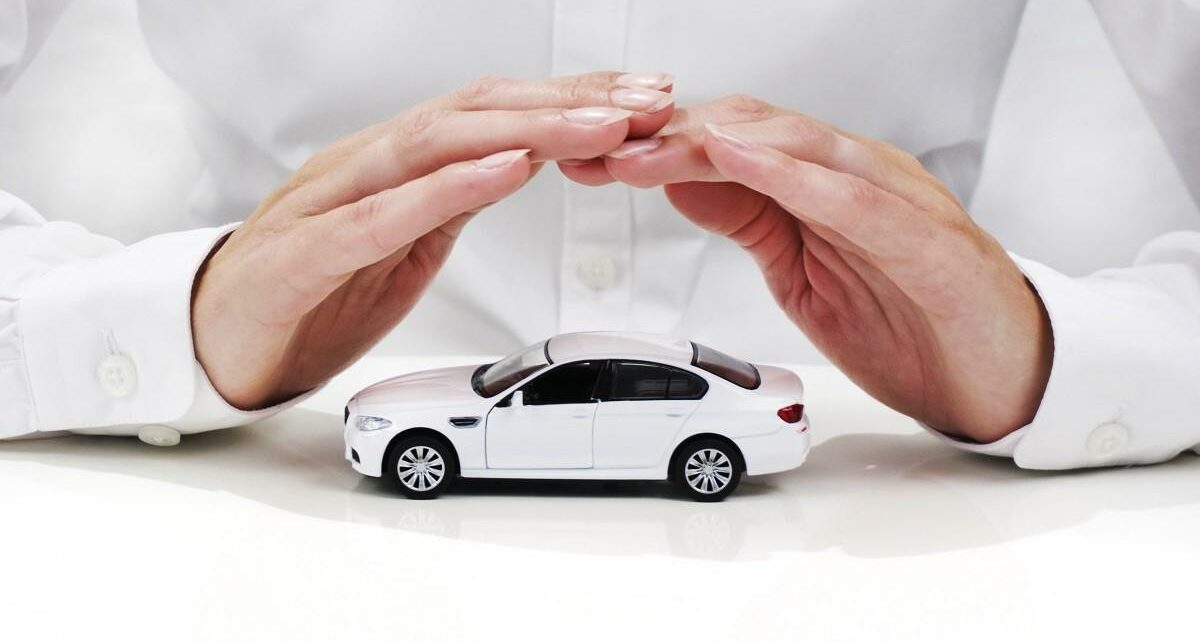When you find out that auto shipping companies provide insurance coverage for vehicles they transport, two things may happen. You may feel rest assured that any damage your car sustained will be covered. However, the news that there’s a chance that damages may occur may leave you feeling nervous and agitated.
This is a very normal feeling to have because as humans we tend to worry about uncertainties. You can visit https://www.bbc.com/ to learn why we are so terrified about uncertainties. Most auto shipping companies will assure you that damages rarely happen. While this is true, the sad truth is that even though uncommon, these damages happen.
Because of this, we figured it may help to put your mind at ease if you know the types of damages that may happen to your vehicle while it is in transit. This knowledge can also help you properly prepare in terms of insurance coverage type and costs. Therefore, below, we will discuss some of the common damages that vehicles sustain while being shipped.
Commonly Seen Car Shipping Damages
Typically, the type of damage that may happen to your vehicle while in transit is often cosmetic. However, in some cases, they can be mechanical and may even involve the interior of your vehicle. Factors like road debris, bad loading techniques, and so on may result in some of these damages.
Mechanical Issues
Your car may develop mechanical issues during the shipping process. This is especially possible when you hire an auto transport company that does not have the expertise and skills to properly transport your vehicle. The reason is that these mechanical issues are often due to poor handling that may cause vibrations during transit.
Vehicles are also more prone to mechanical issues while in transit if they have loose parts that may come off. This is why you need to properly inspect your vehicle and ensure everything is secured before it is shipped. Mechanical issues can be minor like loose bolts or can be more severe like damaged transmissions or engines.
Missing/Damaged Personal Items
Sometimes, the customer’s personal items may go missing or get damaged while the car is in transit. Missing personal items may be a result of auto burglary as the presence of a valuable item in the car can attract a bugler. You can check out this article to learn some vehicle burglary prevention tips. This is why people are often advised to take out their personal items from their cars before shipping.
A lot of shipping companies do not offer coverage for personal items left in vehicles. So, if you leave them and they get missing or damaged, you will be liable for it. If you must transport personal items in your car, then make sure to properly secure it to prevent it from getting damaged from movement during transit. Furthermore, hide it and keep it below window level to prevent it from being spotted from outside the vehicle.
Dents and Scratches
Dents and scratches on the exterior of vehicles are the most common type of damage cars being shipped sustain. There are so many factors that can lead to this, but the most common factor is environmental elements like road debris. This is why some people opt for enclosed shipping where their vehicles are transported in an enclosed trailer, protected against dust, debris, and other environmental elements. However, this option is more expensive than open trailer shipping.
Dents and scratches may also be a result of bad loading techniques. The severity of the dents and scratches also varies. The scratch can be a small negligible surface mark, or it can be a deep gouge that needs repair. Dents too may be minor or deep cave-ins that can result in replaced parts or realignment.
Parties Responsible for Insurance Coverage for Car Shipping Damages
From everything we’ve said so far, damages can sometimes happen to cars when they are being shipped. This means that the answer to the big question “Do you need insurance to ship a car?” is a resounding yes. However, the bigger question is “Who is responsible for the insurance coverage?”.
Legally, auto shipping companies are meant to provide insurance coverage for the vehicles they transport. But you can’t assume that a company provides this coverage or take their word for it just because they say so. Always take your time to check their proof (certificate of insurance) and find out the specifics of the coverage before choosing a company.
This way, you can rest assured that any damage your car sustains from the moment your car is picked up to the moment it is delivered will be covered. Also, knowing the limitations and amount of coverage can help you be better prepared for any eventualities. Most companies usually have a limit on the amount of coverage. If your vehicle is more valuable than the amount being offered, you can get additional coverage (for a fee) to ensure your vehicle is adequately insured while in transit.
Conclusion
Damages can happen to vehicles while in transit. These can range from minor dents and scratches to severe ones that need repair or even mechanical issues. Whatever the case, your vehicle needs to be insured during shipping to cover any damage that may happen to it during this process. Auto shipping companies often offer their customers this coverage; however, if you want more protection, you can always get additional coverage.



